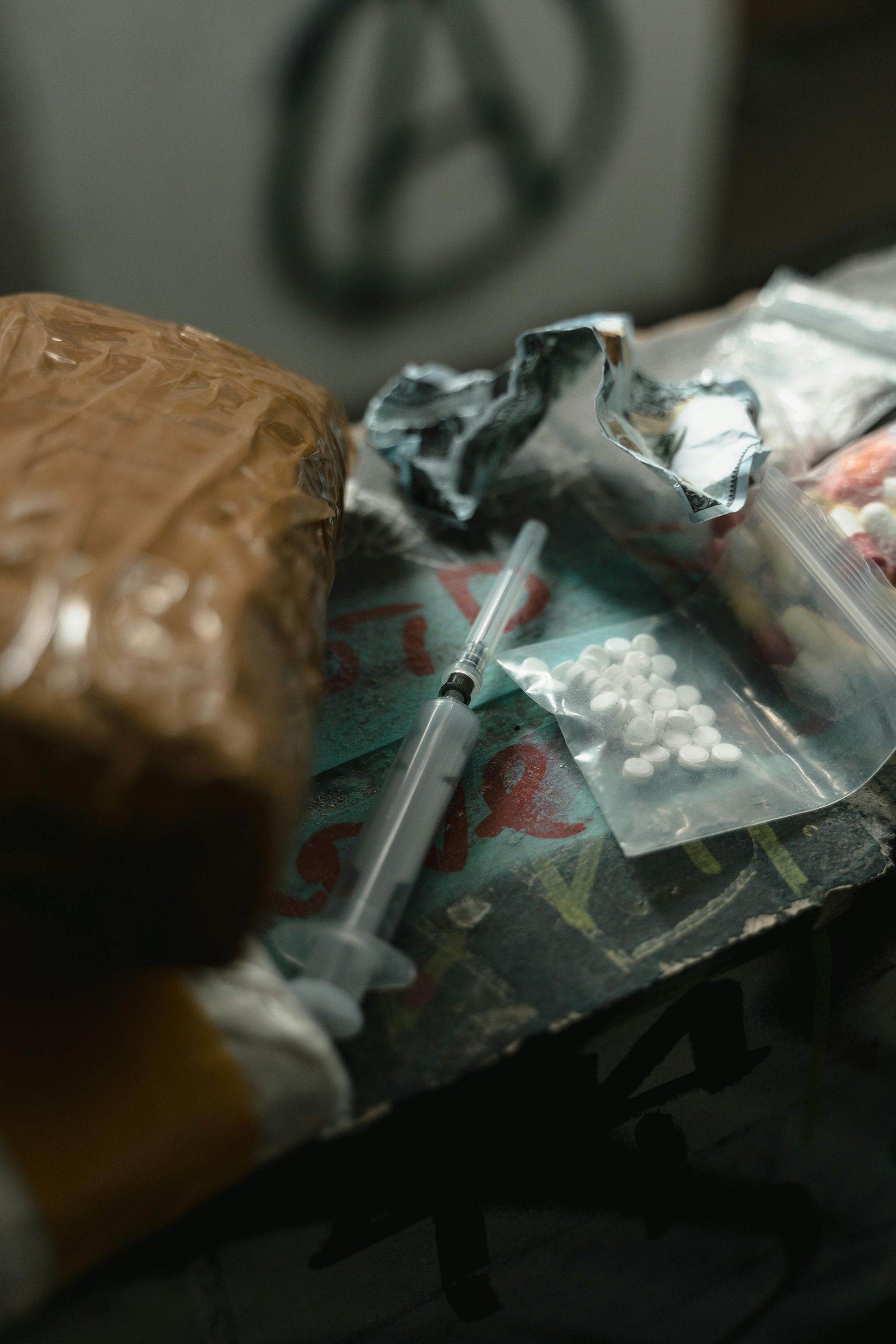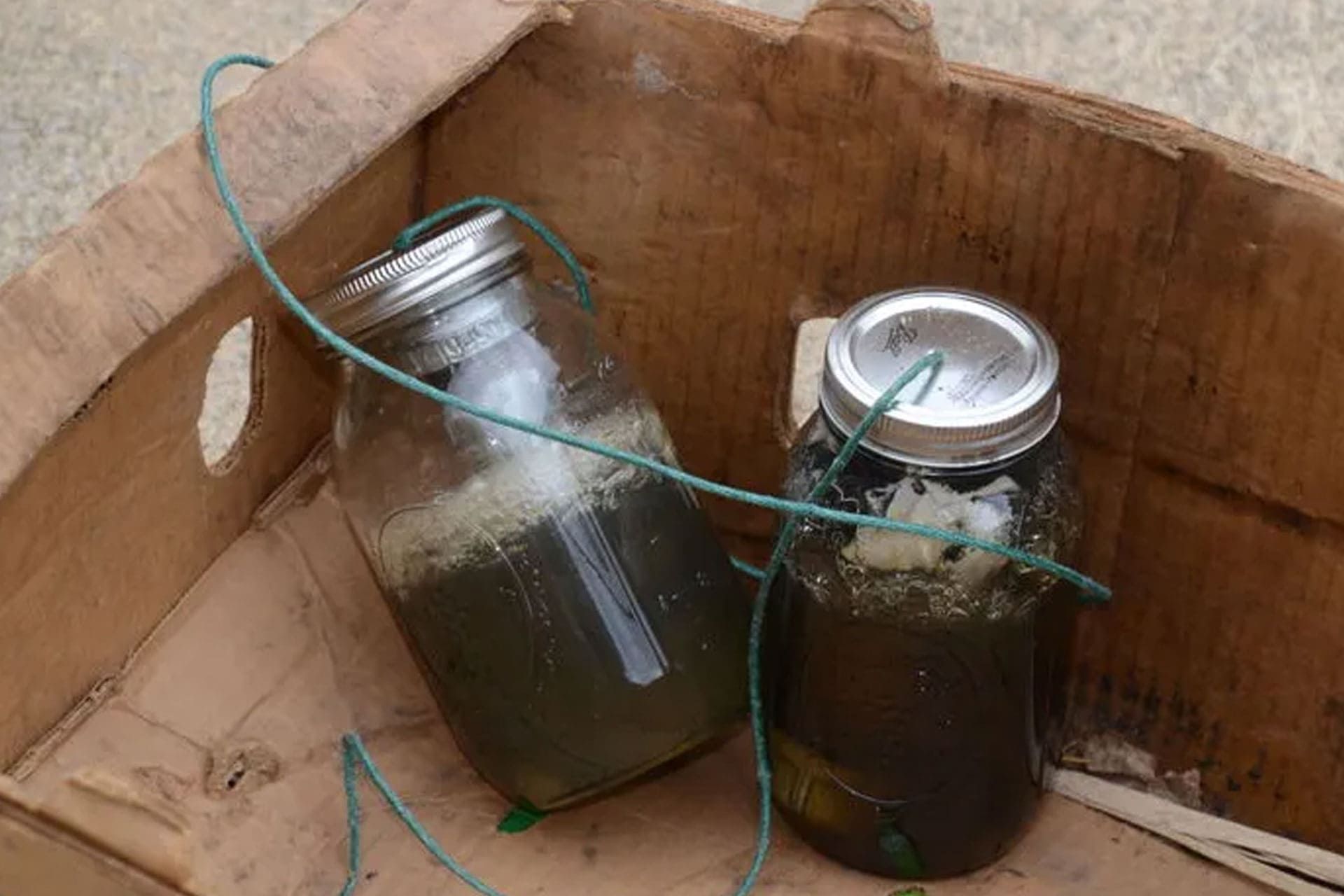HME Detection Policy Reform & IED Prevention
Strengthening Homeland Security: The Case for HME Detection Policy Reform
The recent discovery of 150 homemade bombs in Virginia, deemed the largest seizure of explosives in U.S. history, underscores a growing threat within the United States: the proliferation of improvised explosive devices (IEDs). According to reports from TIME and USA Today, the FBI uncovered these devices alongside large quantities of precursor chemicals, detonators, and schematics during an investigation into a suspected homegrown terrorist operation. This alarming case highlights the critical need for robust detection methods and the implementation of policies that empower first responders to address such threats effectively.

The Importance of Detecting HME Precursors
IEDs are frequently constructed using Homemade Explosives (HMEs), which rely on easily accessible chemical precursors. These substances, often purchased without suspicion, can be weaponized into deadly devices. The Virginia seizure included chemicals such as ammonium nitrate and acetone peroxide—materials often associated with high-yield HMEs.
The detection of HMEs at an early stage is essential to disrupting the manufacture and deployment of IEDs. Despite the availability of advanced detection technologies, many first responders lack the tools or protocols to safely analyze unknown substances on-site. This gap in preparedness not only endangers communities but also leaves law enforcement at a disadvantage in identifying and neutralizing potential threats.
A Call for Congressional Action
To address this pressing issue, Congress must implement policies requiring law enforcement and first responders to test all unknown materials for HMEs using safe, non-intrusive methods. Providing clear guidance and funding for such initiatives is crucial for improving homeland security and safeguarding public spaces.
The Ai-HME-001 detection kit offers a practical solution to this challenge. This portable tool allows users to conduct presumptive tests for a wide range of HME precursors without risking exposure. By delivering immediate, reliable results, the Ai-HME-001 kit ensures that first responders can act swiftly and decisively.
The Role of First Responders in Homeland Security
First responders are often the first line of defense in preventing terrorist attacks. Equipping them with advanced detection tools like the Ai-HME-001 kit enables them to:
- Identify Threats Quickly: Rapid testing of unknown materials can prevent the assembly of explosive devices.
- Enhance Public Safety: Immediate detection minimizes the risk to communities and reduces panic in high-risk situations.
- Support Counter-Terrorism Efforts: Evidence collected using HME detection tools aids in dismantling terrorist cells and prosecuting individuals involved in illegal activities.
Preventing Homegrown Terrorist Cells
The Virginia case serves as a stark reminder of the dangers posed by homegrown terrorism. The FBI’s discovery of bomb-making materials, detailed plans, and connections to extremist ideologies illustrates how these individuals often operate in isolation, making early detection and intervention crucial. By establishing policies that mandate HME detection, law enforcement can disrupt these networks before they carry out attacks. Moreover, providing first responders with safe and effective tools for identifying explosive precursors can make a substantial difference in preventing loss of life and property.
The discovery of 150 homemade bombs in Virginia is a wake-up call for policymakers. To strengthen homeland security, Congress must prioritize the adoption of policies requiring comprehensive HME testing by law enforcement and first responders. By leveraging safe and non-intrusive technologies like the Ai-HME-001 detection kit, we can empower these professionals to protect communities and prevent future attacks. Such measures are not only necessary but imperative for ensuring a safer and more secure nation.





